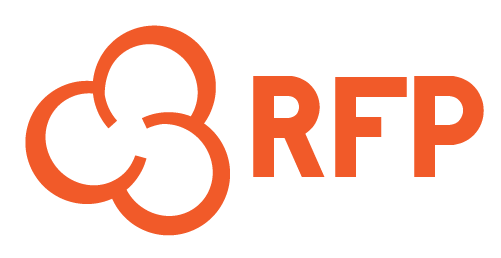What’s an RFP?
At its most basic, a Request for Proposal (RFP) refers to a document as well as a process designed to figure out what your organization’s procurement needs are, and who can meet them. Organizations issue RFPs to solicit bids from vendors for products or services. They are intended to make purchasing transparent, fair, and open to all. In the case of government agencies or other public sector organizations, RFPs often have requirements that are sanctioned or mandated by law. Charitable or non-profit organizations look to RFPs as a way of demonstrating to donors or funding agencies that they are appropriately spending the organization’s money.
When were RFPs first invented?
Up until the 19th century, businesses selected vendors based largely on personal knowledge and casual recommendations. This worked well in a small economy: markets were mainly local, and competition was low. Buyers and sellers generally knew one another personally.
The industrial revolution changed things. By the mid 19th century, bigger markets spanning growing distances meant that buyers and sellers were often strangers. With no easy way to find out about available vendors, businesses began advertising in another new phenomenon of the era: the mass media. Companies placed listings in newspapers and trade publications, and vendors responded by mail. The proto-RFP was born!
How have RFPs evolved?
This process more or less continued until the 1960s, when the combination of phone, fax, and faster postal service accelerated the pace of RFPs. The 1960s were the heyday of the RFP process. Government adopted RFPs for large purchasing projects with the goal of improving transparency.
RFPs evolved again in the early 2000s with the digital revolution. The new technologies of internet and email made RFPs faster to disseminate. But at the same time, the globalization of business accelerated both competition and specialization. RFPs became increasingly complex and time consuming as a result.
Is the RFP History?
Today, the RFP process is arduous and time consuming – a far fetch from the personal connections or newspaper ads of yore. At best, it can deliver the right products and services to match an organization’s needs at a fair price. At worst, it is like matchmaking gone awry: wrong partner, wrong technology, wrong approach.
For issuing organizations, the RFP process necessitates information gathering across numerous stakeholders, research, synthesis, and extensive project management. For vendors, the process can be equally tedious and time consuming. Vendors often avoid responding to RFPs blind, assuming that there’s a favored vendor in the flanks. Others may wish to make a proposal, but don’t have the resources to craft a detailed and sophisticated response.
But RFPs are still critical tools. Organizations need ways to connect with great vendors, and in our global markets, there aren’t any robust alternatives to finding and screening vendors. No matter how much information gathering and research is conducted on the issuer end to look for a great match, that research still needs to be synthesized, pulled together, and delivered to the right vendors.
The Future of RFPs
The future of the RFP lies in software that makes the process more efficient, smarter, and more collaborative. Technology has advanced beyond photocopiers and fax machines, even email is no longer as “cutting edge” as it was 10 or 20 years ago. By supporting the process of assembling, disseminating, and responding to RFPs from start to finish, software cuts down on the barriers to good issuer-vendor matchmaking. Leveraging both crowd-sourcing and AI supports organizations with RFPs, and transforms the global marketplace into a town square.
Popcorn RFP is purpose-built software designed to alleviate many of the common challenges organizations have long experienced with enterprise procurement and help do RFPs faster, smarter, and collaboratively. Send us an email and let us know how we can help with your next RFP project!







